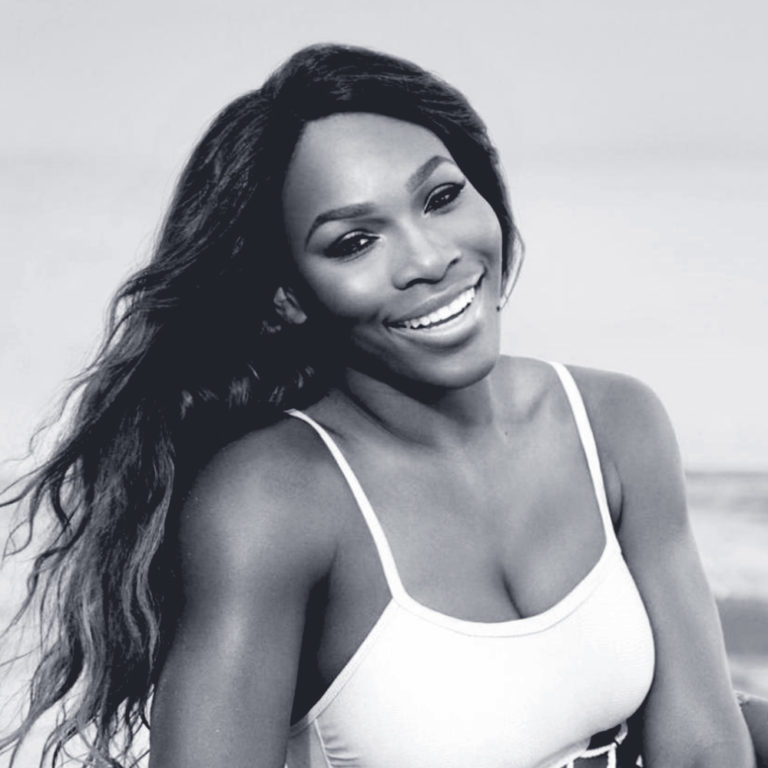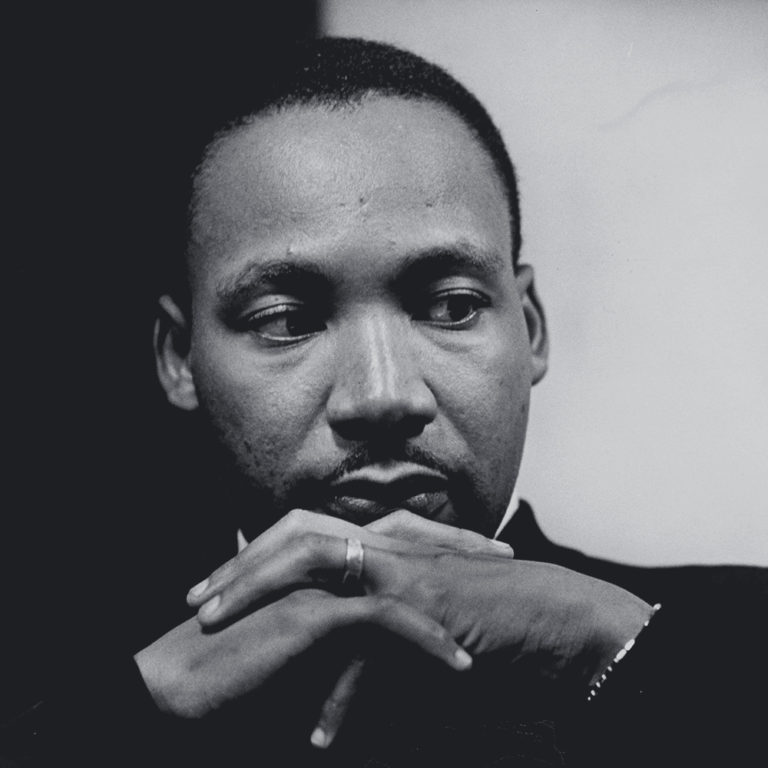Quiet time, devotional time, prayer time, personal time—whatever you want to call it, most of us are referring to something similar: a regular time when we seek to meet with the Lord, read his World and worship Him, love Him and know Him better.
It’s a wonderful value and a beautiful aspect of our relationship with Christ—that we can, actually, have a personal and meaningful relationship with the King of the Universe. When you think about it, it’s fairly unfathomable that the biggest power in the world has time for each of us, especially if, like me, you’re not a foreign dignitary, a millionaire or a superstar. It’s pretty incredible that God wants to have an intentional relationship with each of us.
And as with anyone we want to get to know, we need to actually spend time with that person in order to grow in friendship. Thus the idea of regular time with God. Often, this time is spent reading the Bible, praying, perhaps journaling or singing. But do our quiet times actually need to be, ahem, quiet? I don’t think so.
Here are a few ways, other than Scripture reading, we can get to know God in unexpected avenues.
The Arts
If you’re a creative at heart, consider adding in an artistic element to your devotional time. Paint your prayers, doodle your thoughts, pen a poem to God. As you participate in the creative process, consider God’s creativity in the world, and ask Him how you can partner with His creativity at work.
Music
If you’re musical, consider writing songs that focus on what you love about God. Put Scripture to song, or sing to Jesus about whatever bubbles up out of your heart. God, who sings over us (Zephaniah 3:17), welcomes our songs of praise and thanksgiving back to Him.
Nature
If being outside makes your soul come alive, set aside intentional time to connect with God in the great outdoors. The One who called the earth into existence is the same God who died on the crossbars of a tree to save us. The whole earth is full of God’s glory (Isaiah 6:3)—so go and encounter Him there. Sit by a river and meditate on Scripture. Go on a hike and let the beauty of the earth remind you of God’s beauty.
Friends
There is a long and biblical history of God’s people gathering together to worship Him—and weekly church is a wonderful thing. But what about spending “quiet time” together with a friend or two? You can pray for and with one another; you can read Scripture to and with one another. You can eat together and share your hearts over a shared meal. The early church was meeting together daily (Acts 2:42-47); we can too.
Dance or Exercise
If you love working out and feel alive when you’re running, or swimming or playing basketball—do those things and praise God for the opportunity to move a functioning body. If you are a dancer and you feel great pleasure in dancing, dance as a form of worship to God. He is the one who has formed us (Psalm 139) and given us life; let our whole being praise him!
Cooking and Eating
If you love flavors and colors and the process of turning food into meals, then seek God in that place. Contemplate the beauty and taste of every different type of food you are cooking and let it point you to God’s abundance in creation. The Old Testament is full of various feasts that the Israelites had to commemorate God’s goodness, provision and presence in their midst. What might it look like to host a feast celebrating God’s goodness with your friends?
Consider mixing up your quiet times and seeing how He might surprise you with his goodness and presence in new ways.
Source: relevantmagazine.com










